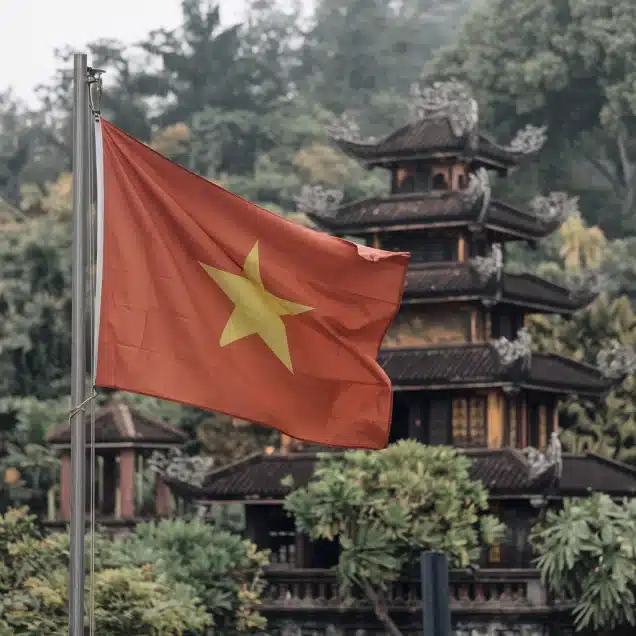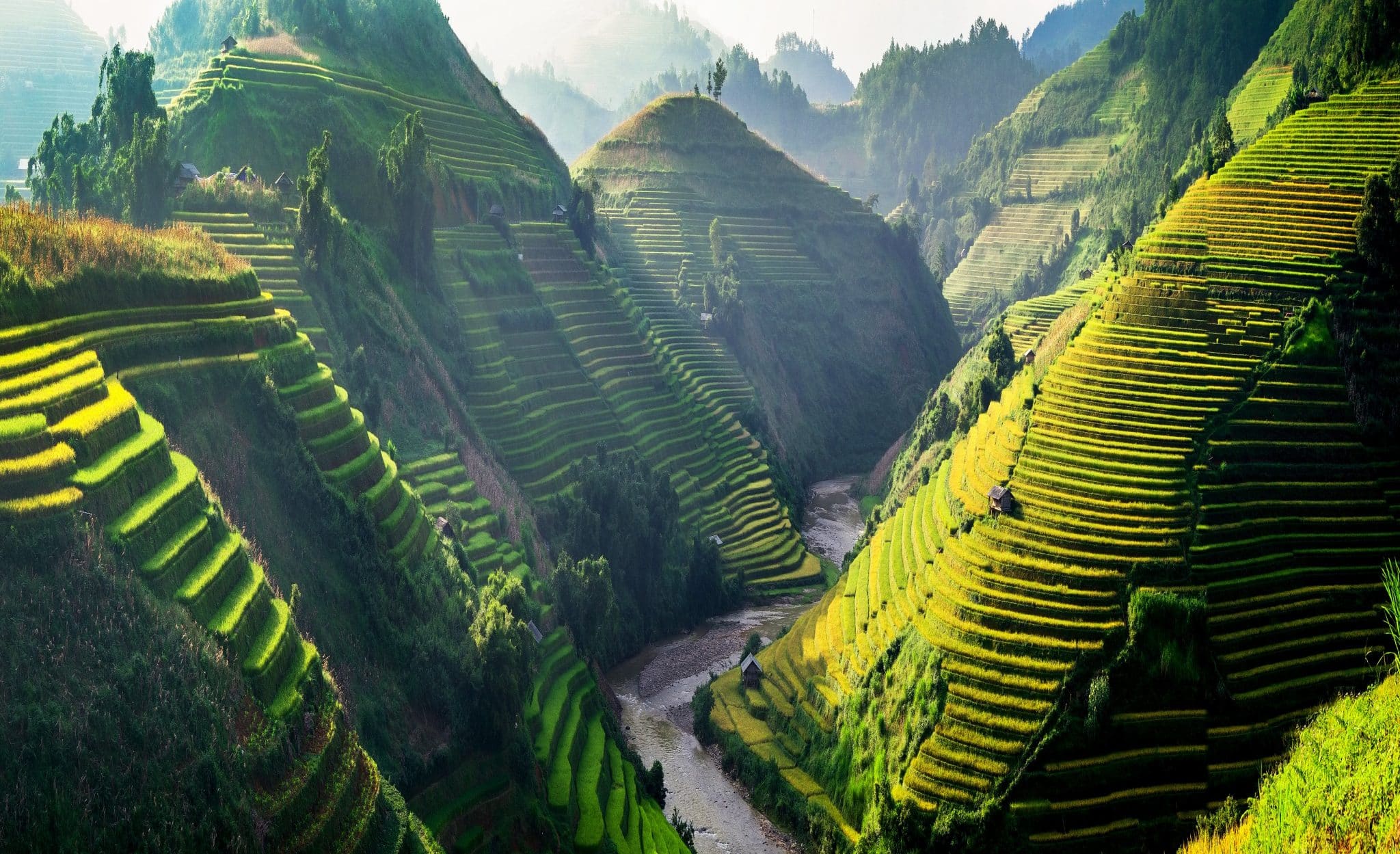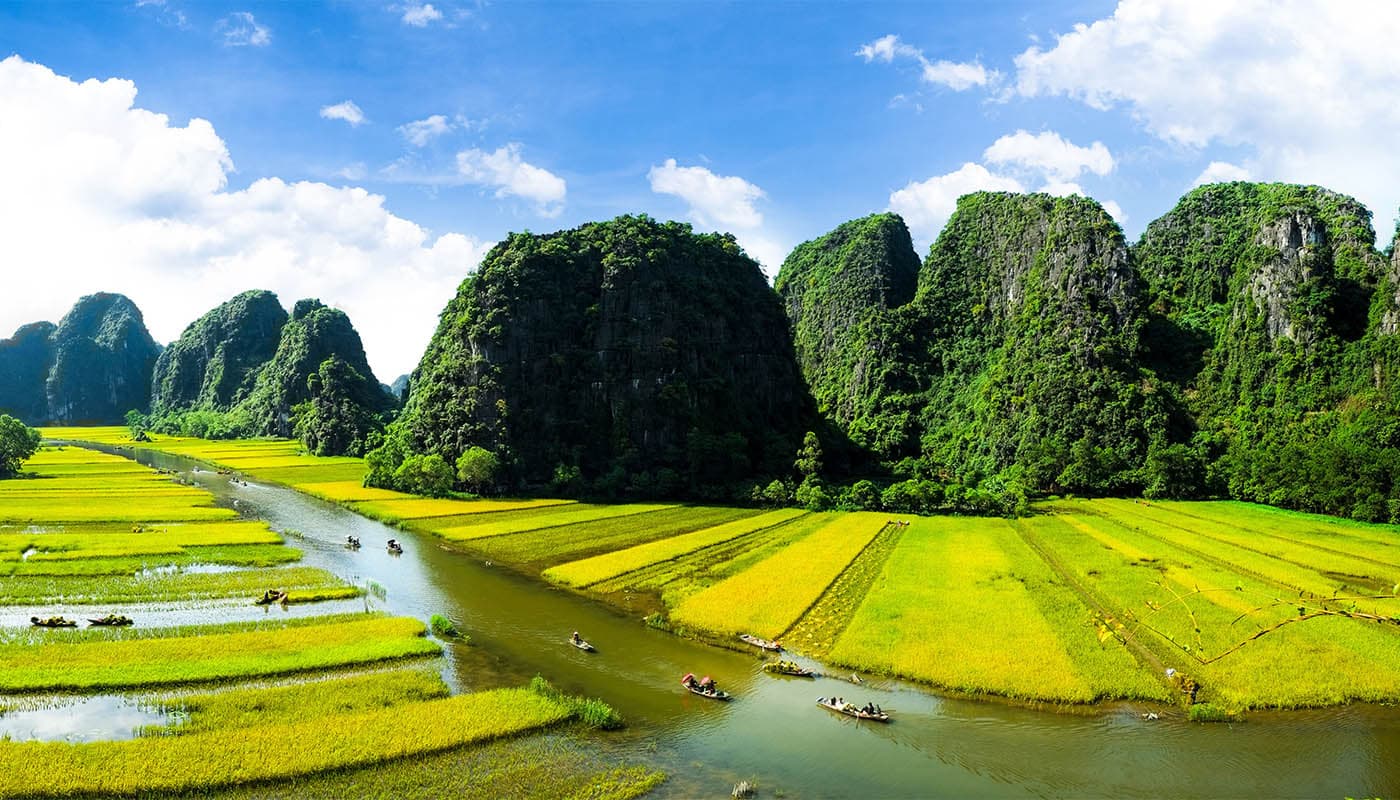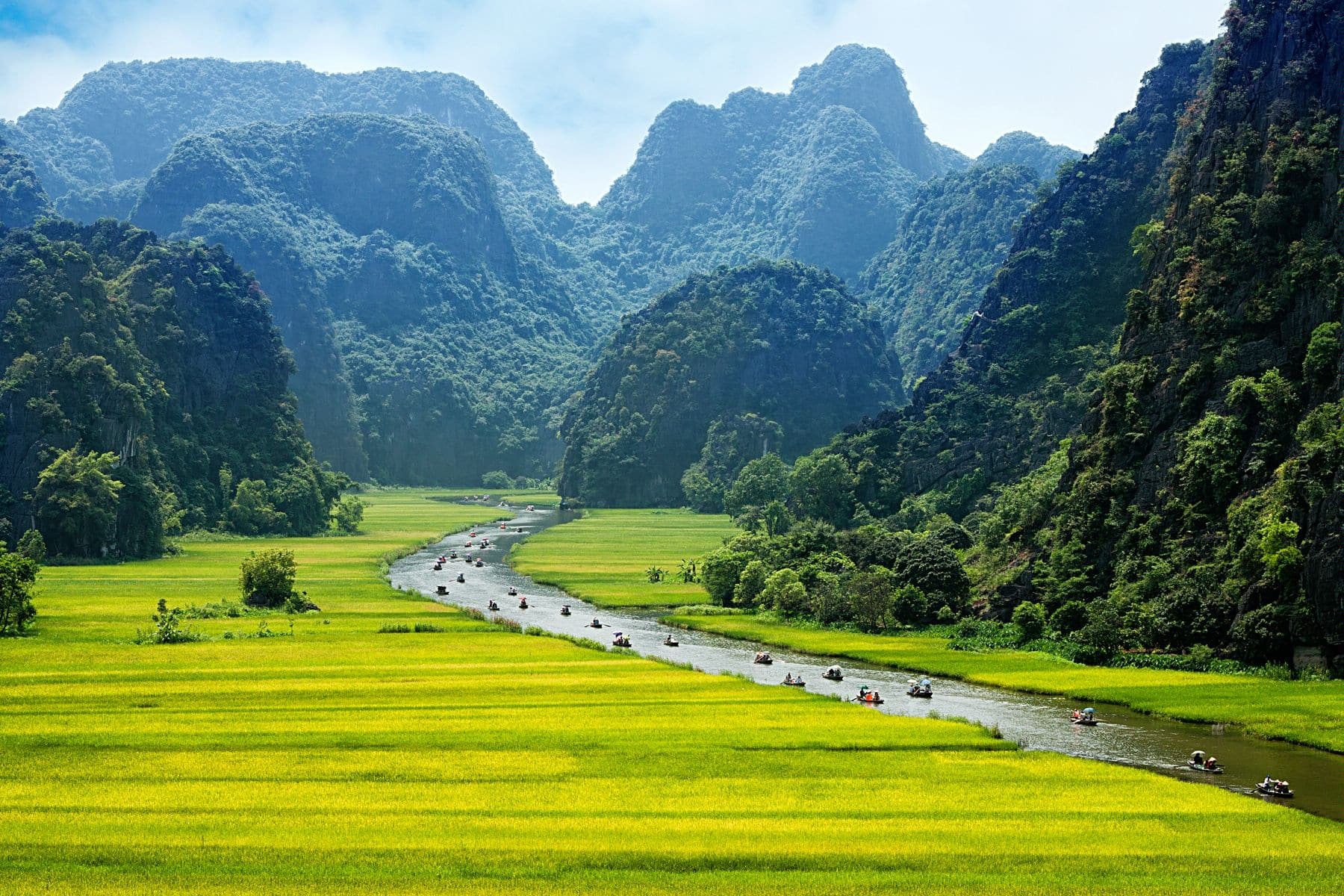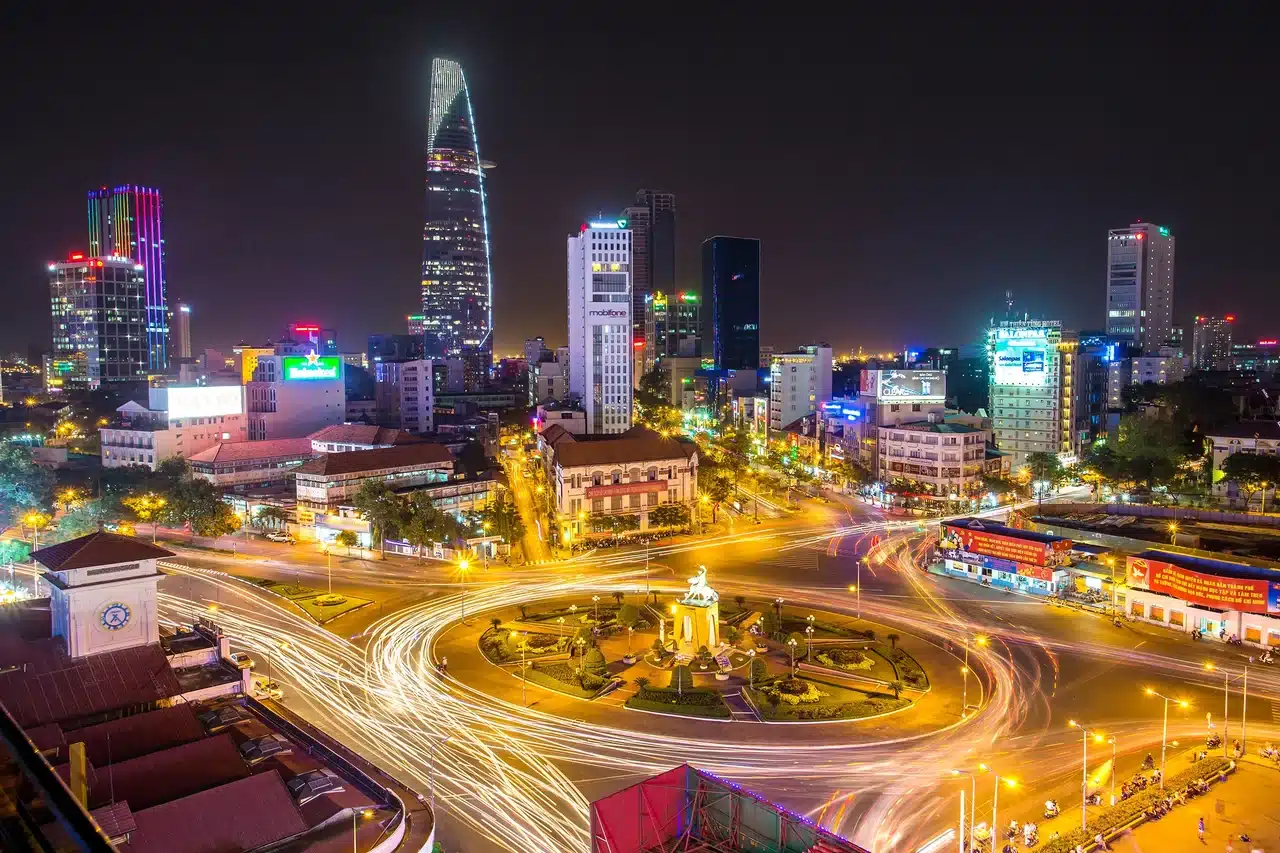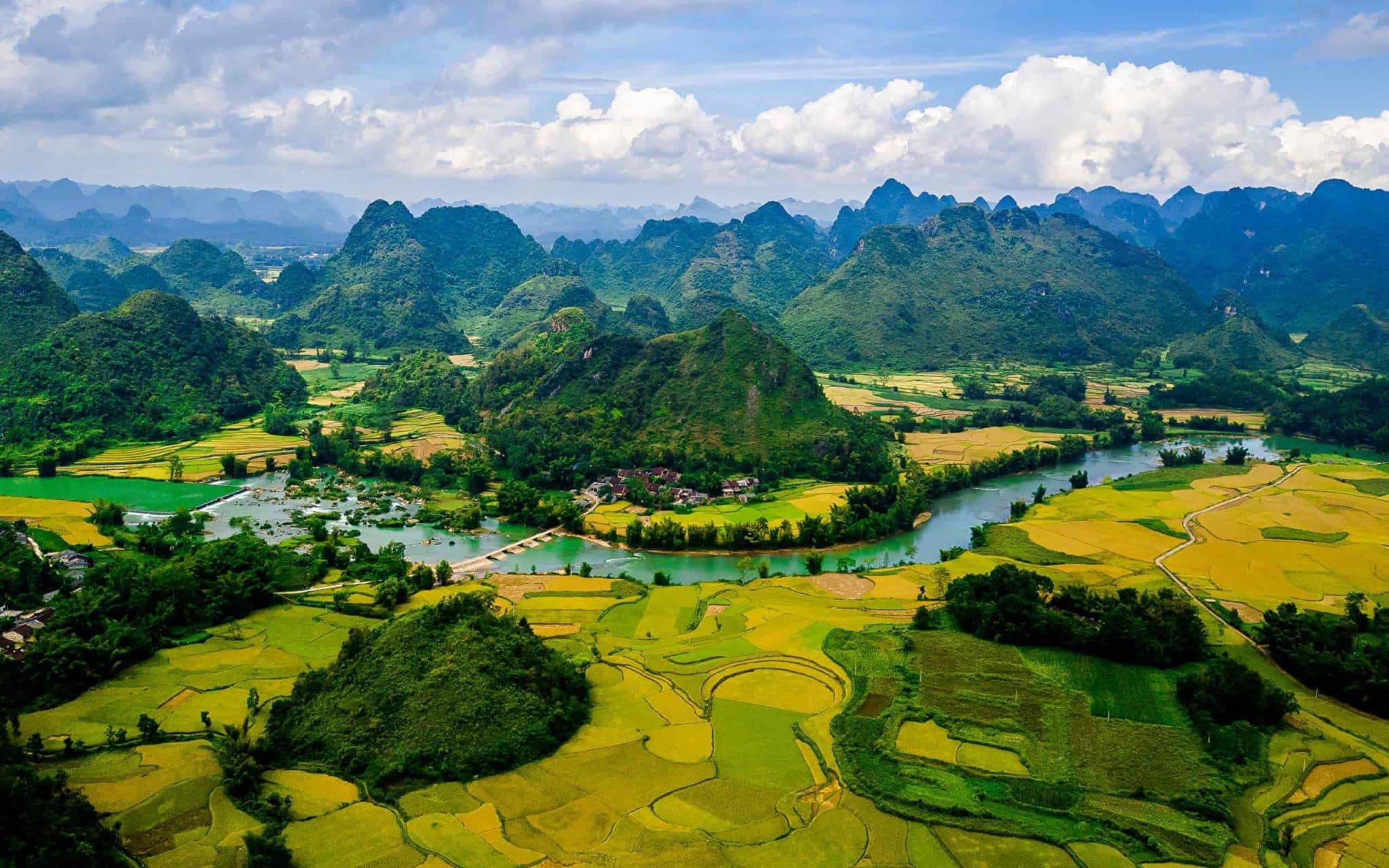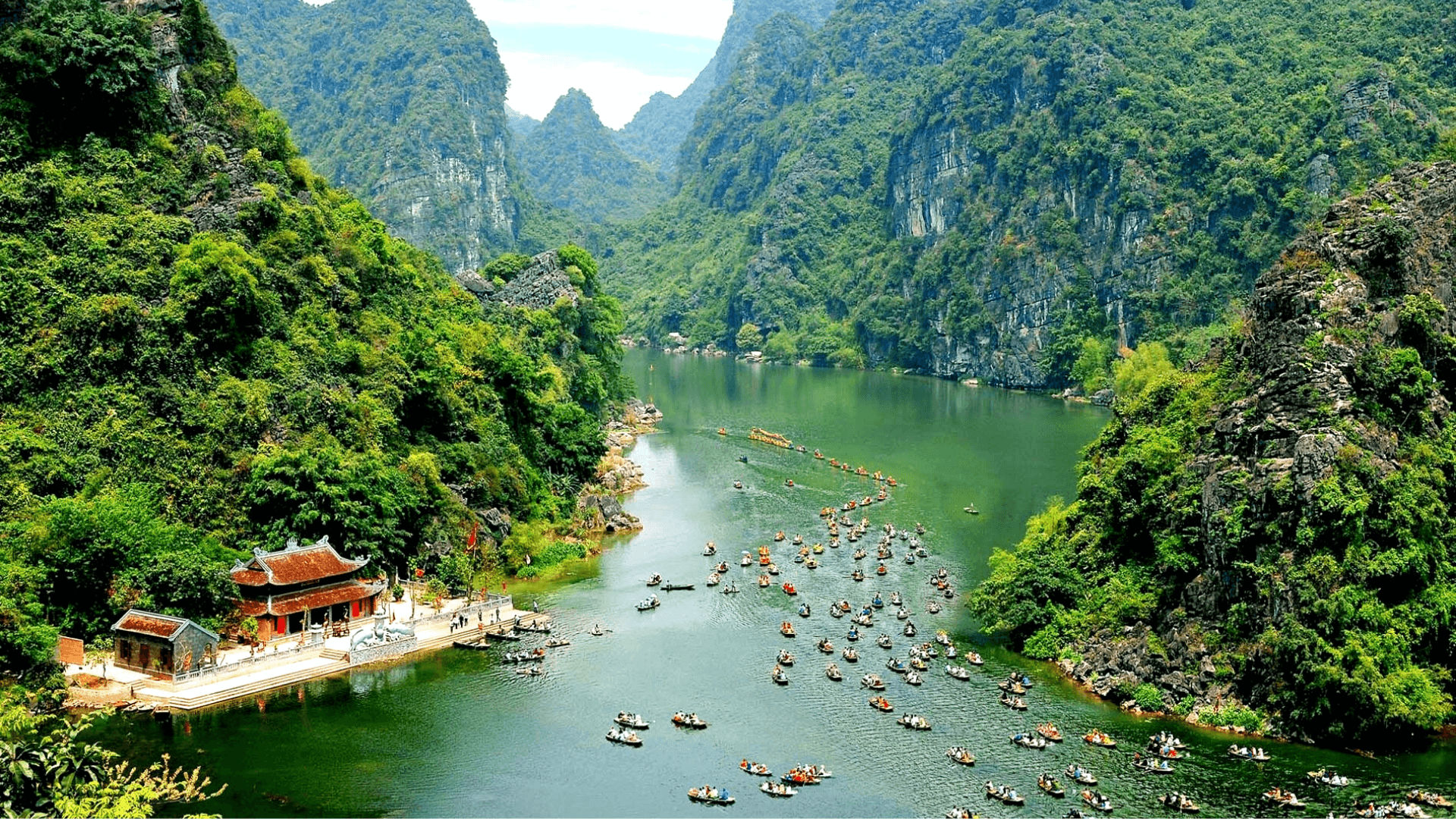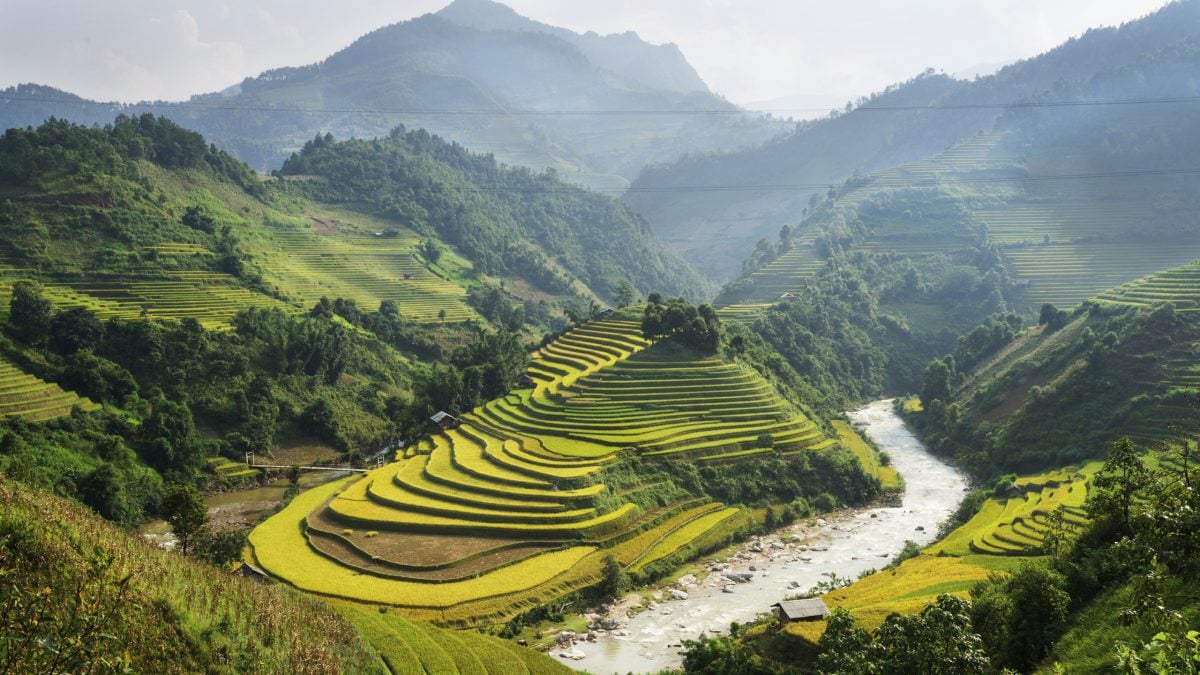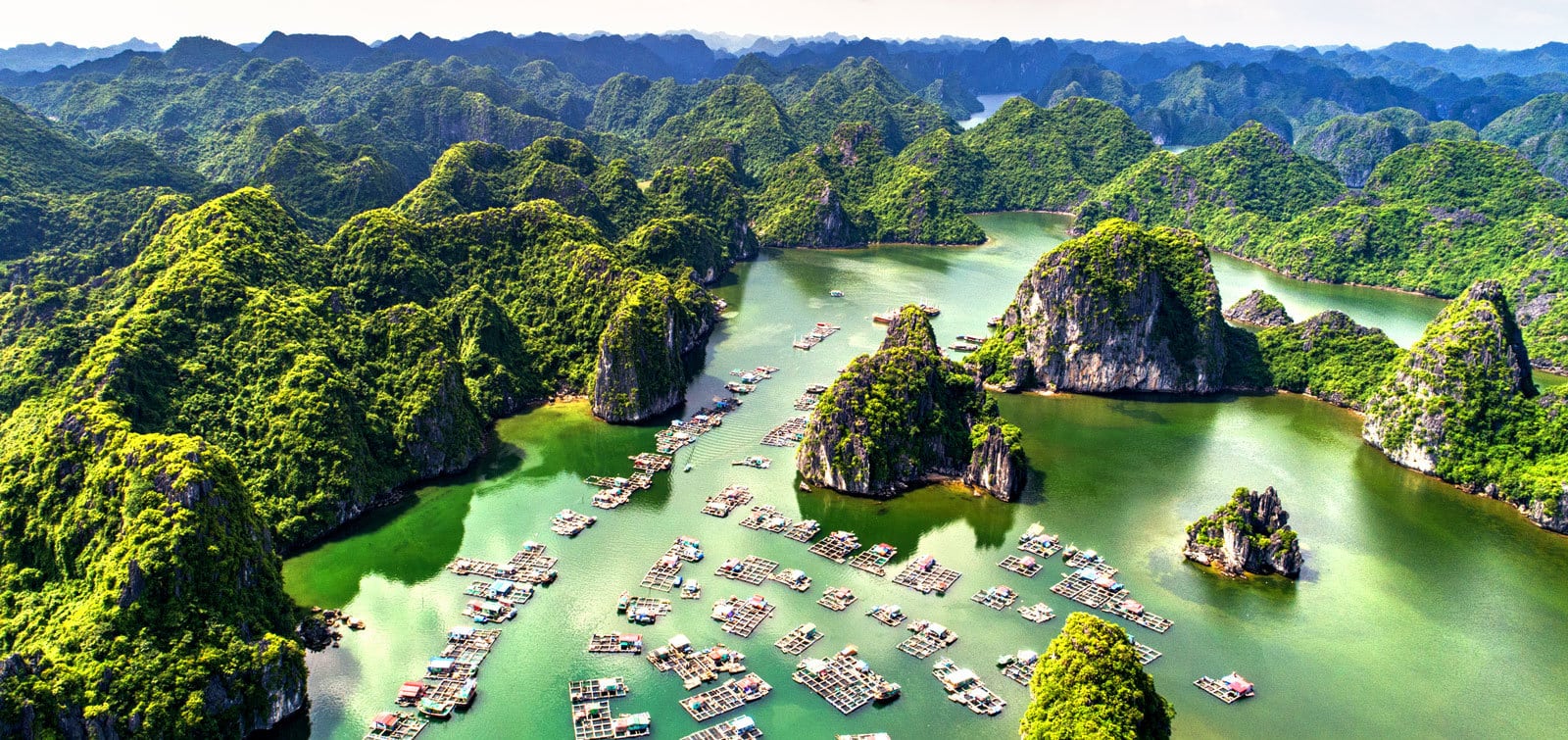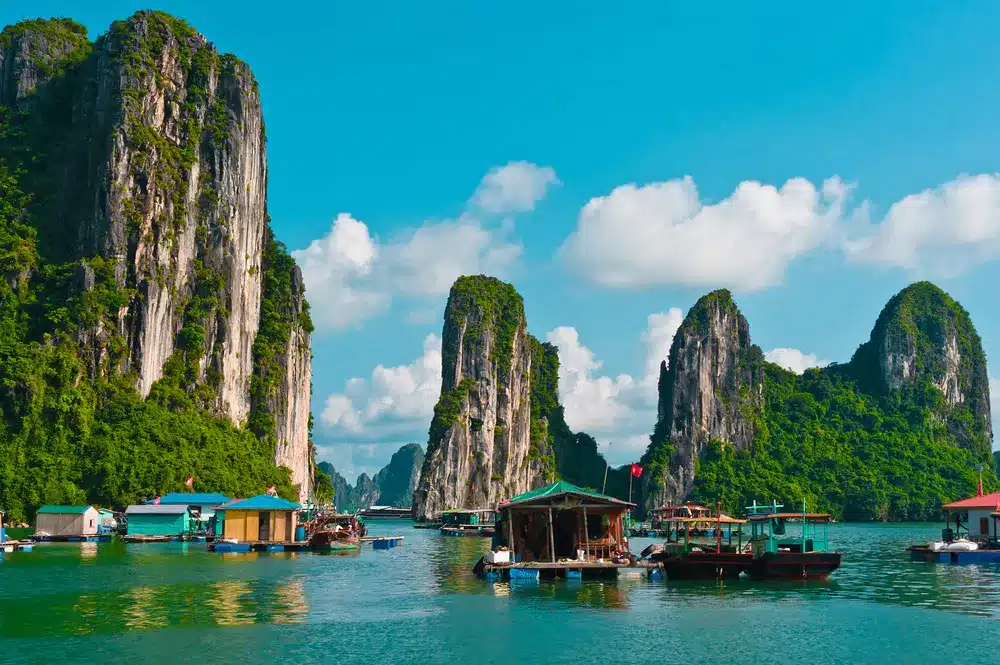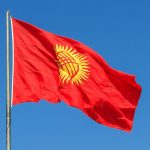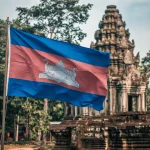

Discover Vietnam
Sights
Map
Info
Vietnam is a vibrant and diverse country, offering a unique blend of ancient culture, natural beauty, and bustling cities. To make the most of your trip, it’s important to be aware of visa and passport requirements, transportation options, accommodation, dining, and cultural practices. Understanding the language barrier, technology, communication, shopping, and payment methods will ensure a smooth and enjoyable travel experience.
Visa and Passport Requirements
Visa Requirements: Most travelers need a visa to enter Vietnam, though citizens of certain countries can enter visa-free for short stays (up to 15 or 30 days).
E-Visa Option: Vietnam offers an e-visa system for citizens of over 80 countries, allowing for a single-entry stay of up to 30 days.
Passport Validity: Your passport must be valid for at least six months from your entry date into Vietnam.
Transportation
Motorbikes and Scooters: Motorbikes are the most common mode of transportation, especially in cities, and rentals are widely available.
Public Transport: Buses are available in major cities, and taxis or ride-sharing apps like Grab are also popular and affordable.
Domestic Flights: For longer distances, domestic flights between major cities such as Hanoi, Ho Chi Minh City, and Da Nang are quick and convenient.
Accommodation
Hotels: Vietnam offers a wide range of hotels, from budget accommodations to luxury resorts, especially in popular tourist destinations like Hanoi and Ho Chi Minh City.
Hostels and Guesthouses: For budget travelers, hostels and local guesthouses (homestays) provide affordable options with a local experience.
Resorts and Villas: In beach areas like Phu Quoc and Da Nang, luxury resorts and private villas are popular choices for a more upscale experience.
Dining
Street Food: Vietnam is famous for its street food, with dishes like pho, banh mi, and fresh spring rolls easily found in markets and stalls.
Local Restaurants: Vietnamese cuisine focuses on fresh herbs, vegetables, and rice dishes, with seafood being popular in coastal areas.
Western and International Options: In major cities, you’ll find a variety of international restaurants, including Italian, French, and Japanese cuisine.
Cultural Considerations
Respect for Traditions: Vietnamese culture values politeness and respect, especially when visiting temples or interacting with elders.
Dress Modestly: In religious or rural areas, it’s important to dress modestly, covering shoulders and knees when visiting temples.
Shoes Off Indoors: It’s customary to remove your shoes when entering homes and some temples, so look out for signs or cues.
Language
Vietnamese Language: Vietnamese is the official language, and while English is spoken in tourist areas, it’s less common in rural regions.
Basic Phrases: Learning a few basic Vietnamese phrases or using translation apps can make communication easier, especially in local markets and small towns.
Technology and Communication
Wi-Fi Access: Free Wi-Fi is widely available in hotels, cafes, and public spaces, though speeds may vary depending on location.
Local SIM Cards: Local SIM cards with affordable data plans are easy to obtain at airports or mobile stores, ensuring reliable connectivity during your trip.
Shopping and Payment
Cash and Cards: Cash (Vietnamese Dong) is the preferred payment method in most places, though credit cards are accepted in larger hotels and restaurants.
Bargaining: Haggling is common in local markets and smaller shops, especially for souvenirs, so don’t hesitate to negotiate prices.
ATMs: ATMs are widely available in cities, allowing travelers to withdraw local currency easily.

